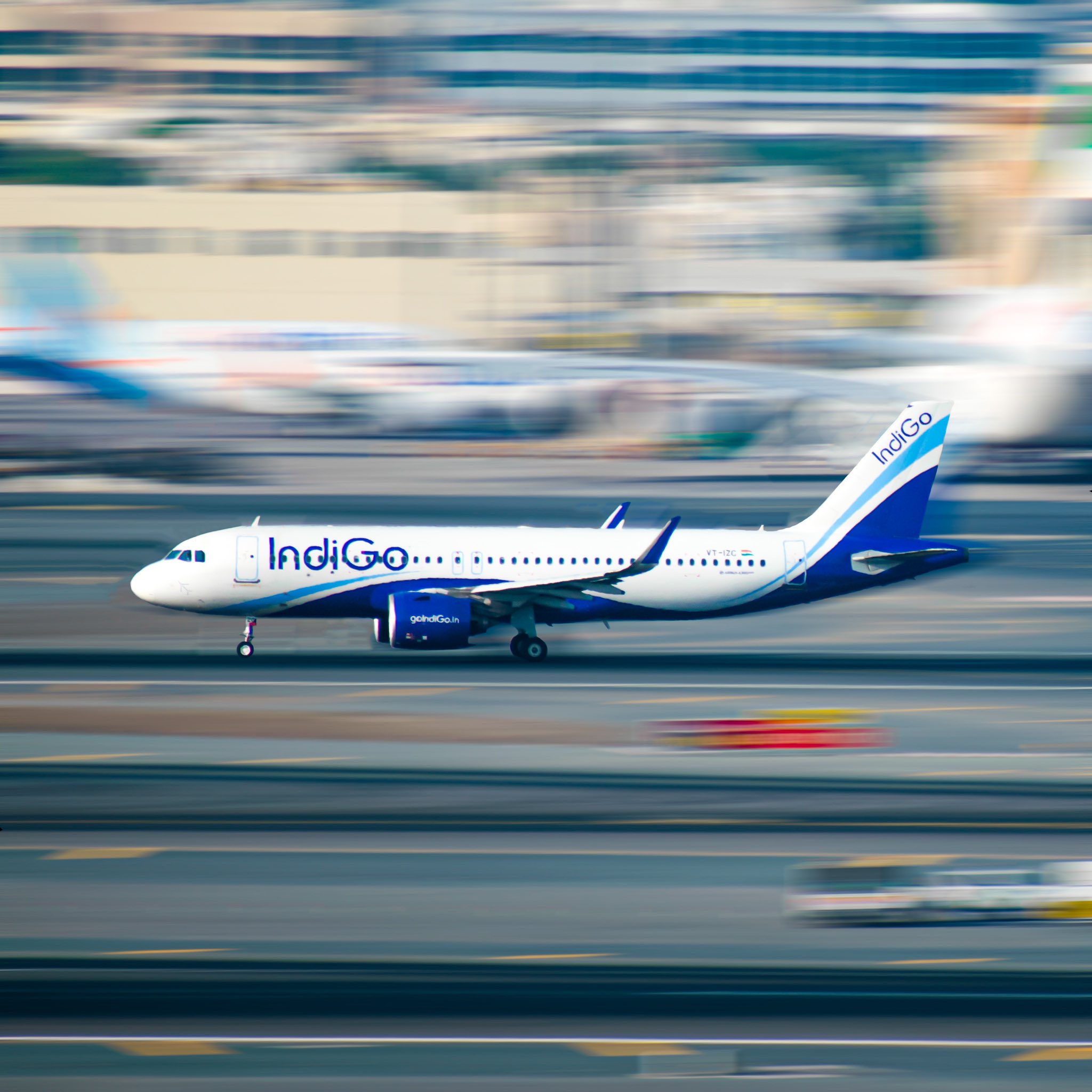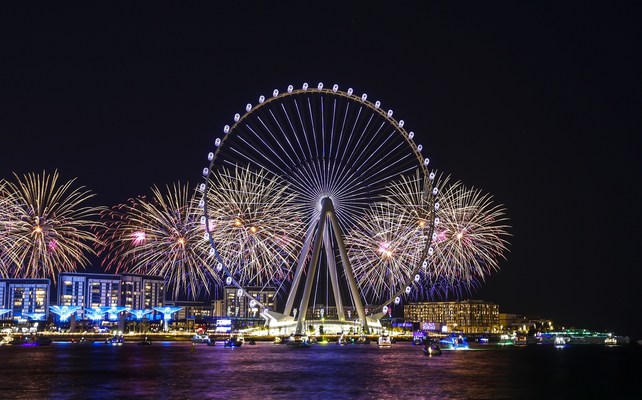IndiGo warned its capacity will reduce by about 10-15% in the current quarter, compared with the three months ended December.
New Delhi, NFAPost: Rahul Bhatia, the billionaire co-founder of IndiGo, is taking on a newly-created executive position of managing director at the company, after the biggest budget carrier in Asia by market value posted a surprise quarterly profit.
The appointment of Bhatia, effective immediately, signals a truce with fellow co-founder Rakesh Gangwal, who had accused Bhatia of corporate governance lapses. The founders were embroiled in a bitter public dispute over a 2015 shareholder agreement that Gangwal said gave Bhatia control over IndiGo despite the similar size of their stakes.
Shareholders of IndiGo, operated by InterGlobe Aviation Ltd., in December voted to remove restrictions on transfer of shares that will allow Gangwal to sell his stake. Bhatia will now focus on expanding the airline in India and overseas, and build the carrier for the long term, IndiGo said in a statement to stock exchanges Friday.
Bhatia will oversee all aspects of the airline, and actively lead the management team, Chairman Meleveetil Damodaran said in the statement.
Earlier in the day, the biggest airline in India said it swung to a quarterly profit, as more people took to the skies after the nation emerged from the most devastating phase of the coronavirus pandemic.
IndiGo posted a net profit of Rs 130 crore for the December quarter, coming after the airline posted a loss for a series of straight quarters. The carrier had posted a net loss of Rs 1,435 crore in September quarter, aided by a revival in air traffic due to festive season. In the last year period, the company had suffered a massive loss of Rs 6,201 crore.
The Gurgaon-headquartered company’s revenue from operations surged by a massive 89% to Rs 9,294 crore during the third quarter when compared with Rs 4,909 crore in the corresponding quarter of the last year. The company has reported an EBITDAR (earnings before interest, tax, depreciation, amortisation and rent) of Rs 1,995 crore for the third quarter ended December.
For the quarter, IndiGo’s passenger ticket revenue was Rs 8,073 crore, an increase of 98% and ancillary revenue was Rs 1,141 crore, up 41% compared to the same period last year. Meanwhile, total expenses for the December quarter rose 62% year-on-year to Rs 9,346 crore.
At the end of December quarter, IndiGo had a total cash balance of Rs 17,318 crore, comprising Rs 7,814 crore of free cash and Rs 9,504 crore of restricted cash.
The capitalized operating lease liability stood at Rs 30,764 crore, while the total debt (including the capitalized operating lease liability) was Rs 35,153 crore.
Indian carriers had started to bounce back from the worst of the pandemic last year, with the government allowing local airlines to operate at full capacity as infections ebbed in most places. The emergence of omicron threatens that recovery, with carriers cutting back on capacity as demand starts to plummet once again.
IndiGo warned its capacity will reduce by about 10-15% in the current quarter, compared with the three months ended December. It expects passenger traffic and revenue environment to improve once new infections start receding, according to the statement.
Buoyed by the early signs of a recovery, IndiGo Chief Executive Officer Ronojoy Dutta in November said the carrier is ‘unlikely’ to raise funds through a share sale to institutional investors as previously planned. IndiGo, which is the world’s biggest customer for Airbus SE’s best-selling A320neo jets, is planning to expand international capacity to 40% in five years from 25% by flying to new overseas destinations in the seven-hour range, he said at the time.





